It's Sleep Awareness Week, and a good night's sleep starts long before you hit the hay! What you eat plays a significant role in sleep quality. Certain foods can promote relaxation and prepare your body for slumber, while others can disrupt your sleep cycle and leave you tossing and turning.
Fueling for Sleep: Foods to Embrace

- Nature's Sleep Aids: Certain foods are naturally rich in sleep-promoting compounds. Tart cherries are a great source of melatonin, a hormone that regulates your sleep-wake cycle. Kiwis, packed with vitamin C and antioxidants, have also been linked to improved sleep quality. Don't forget magnesium-rich foods like almonds, bananas, and leafy greens, which can promote muscle relaxation and ease you into sleep.
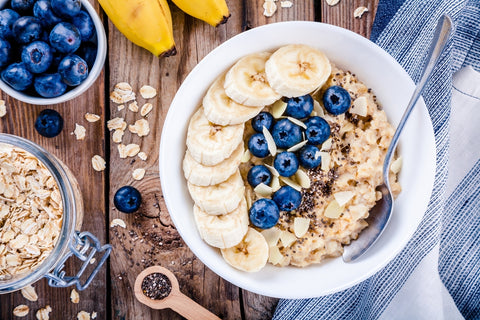
- Complex Carbohydrates for Sustained Energy: Opt for whole-wheat toast, oatmeal, or brown rice for dinner. These complex carbs provide sustained energy release, preventing those late-night hunger pangs that can wake you up.

- Light Protein for Satiety: Lean protein like grilled chicken or fish keeps you feeling full throughout the night, preventing sleep disruptions caused by hunger pangs.
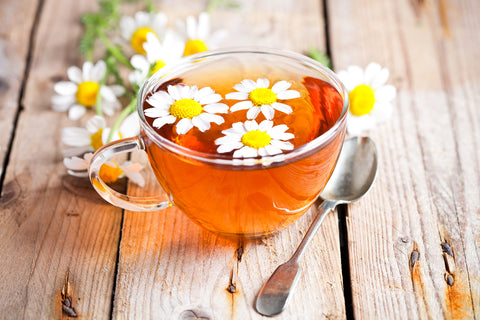
- Warm, Relaxing Drinks: Chamomile tea is a classic sleep soother, thanks to its calming properties. Alternatively, a glass of warm milk can trigger feelings of nostalgia and relaxation, promoting sleepiness.
Sleep Saboteurs: Foods to Avoid Before Bed
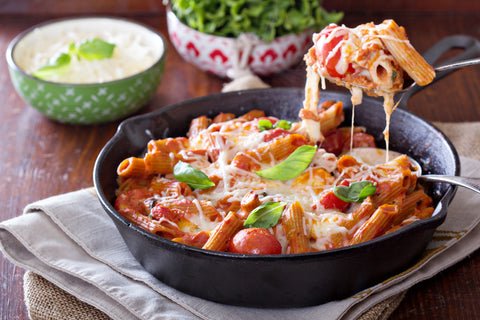
- Heavy Meals and Fatty Foods: A greasy burger or a plate of pasta right before bed can cause indigestion and heartburn, keeping you up all night. Opt for a lighter dinner that's easy to digest.
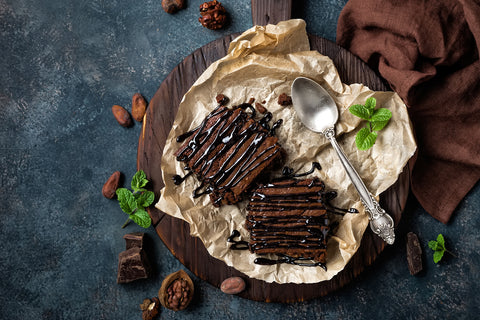
- Sugary Treats: The sugar rush from sweets might give you a temporary boost, but it can lead to a blood sugar crash later, disrupting your sleep.

- Caffeine: That afternoon latte might seem tempting, but the effects of caffeine can linger for hours, impacting your ability to fall asleep and stay asleep. Avoid caffeine in the afternoon and evening.
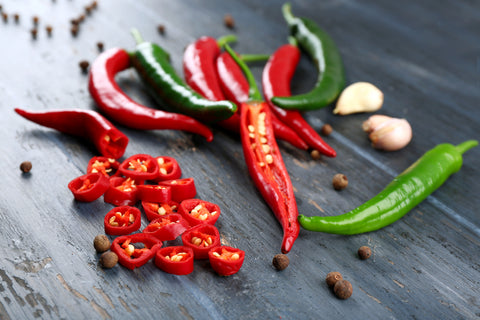
- Spicy Foods: Spicy dishes can cause heartburn and indigestion, especially for those prone to these issues. Save the spicy meals for lunchtime and opt for milder flavors for dinner.

- Alcohol: While alcohol might make you drowsy initially, it disrupts sleep later in the night, leading to fragmented sleep and frequent waking.
Making Sleep Awareness Week a Sleep-Filled Success
By incorporating these dietary tips into your routine, you can create a sleep-friendly food environment. Remember, a balanced diet is key – focus on whole, unprocessed foods, and avoid heavy meals close to bedtime.
So ditch the sleep-disrupting foods and embrace the sleep-promoting ones! This Sleep Awareness Week, prioritize a healthy diet and restful sleep for a happier, healthier you!
